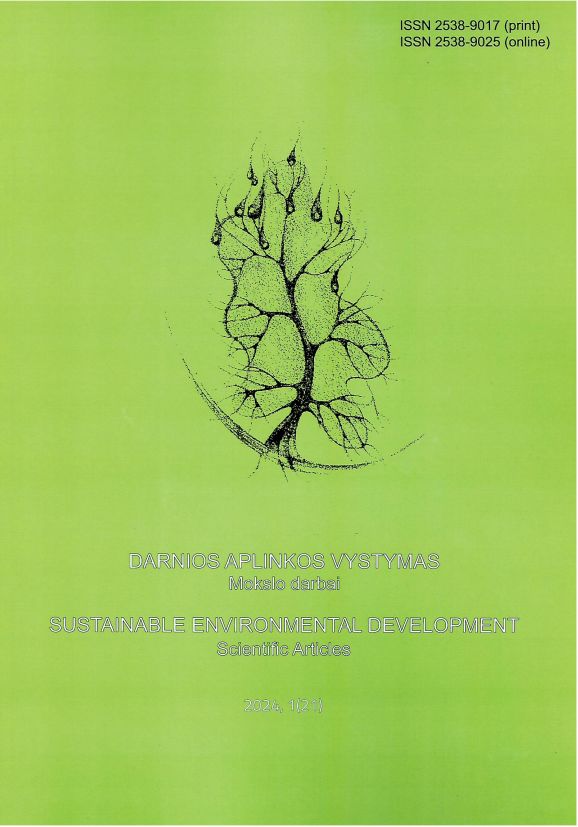Luggage Management System in order to Reduce Carbon Emissions and Ensure Sustainability
DOI:
https://doi.org/10.52320/dav.v21i1.303Keywords:
Baggage free airport, sustainability goals, software development, carbon emissionsAbstract
Air transport is a vital enabler of growth in the economy. It contributes to the economy by supporting trade and tourism. However, air transportation also affects our environment by increasing carbon emissions. Additionally, the use of private vehicles or taxis to access the airport also contributes to carbon emissions. With this study, considering that transportation to the airport has different difficulties in big cities, a mobile system will be developed that offers processes such as airport access, check-in, and luggage delivery in a single module, facilitates the person's transportation process to the airport and aims to protect the environment by directing them to public transportation. The main goal to be achieved with the luggage management software is to direct people's individual transportation to the airport to public transportation and thus, reduce carbon emissions. It is also aimed to automate the check-in process of luggage given to the plane and to reduce the time spent at the airport. Since the main aim of this study is to improve airport luggage handling, a business process improvement (BPM) approach will be adopted. Business process analysis and improvement will be used to identify, analyze, and optimize existing luggage processes. Additionally, user-centered design principles will be applied to add many user interface features to enhance user experience. The systems offering the same service are limited and there is a clear market in this field. The process will be digitized and streamlined. Time lost at the airport is going to be minimized and flight access is going to be facilitated.
Downloads
Published
How to Cite
Issue
Section
License
Copyright (c) 2024 Ceren Cubukcu Cerasi, Furkan Yaman

This work is licensed under a Creative Commons Attribution 4.0 International License.
Individual articles are published Open Access under the Creative Commons Licence CC-BY 4.0, which permits unrestricted use, distribution, and reproduction in any medium, provided the original author and source are credited. Authors retain copyright in their articles, but grant Klaipėdos valstybinė kolegija the right of the first publication.

